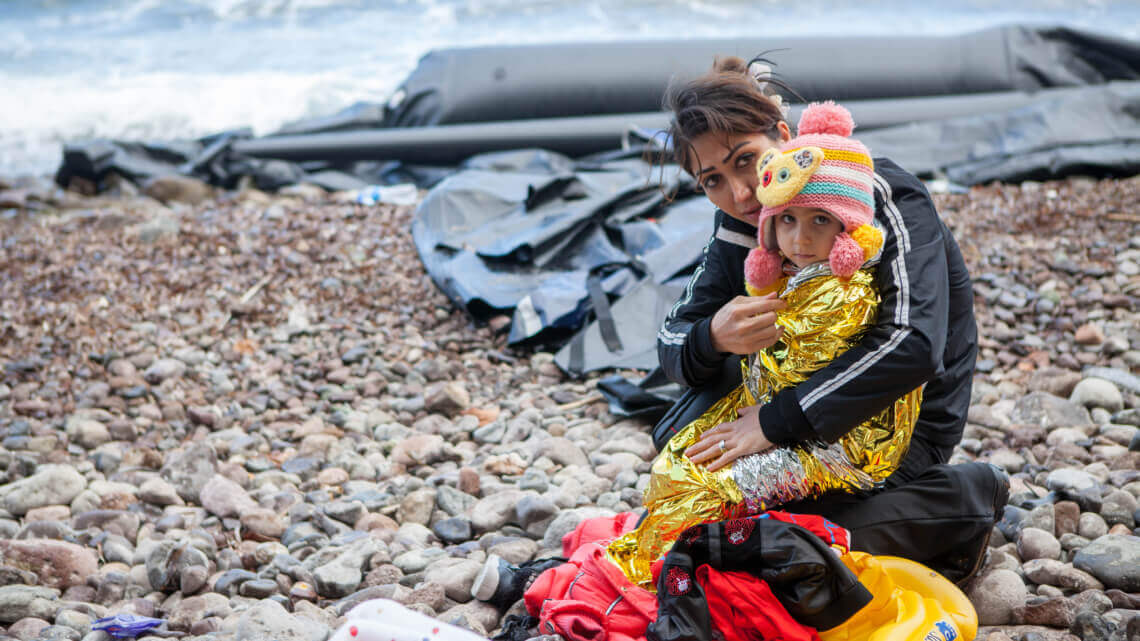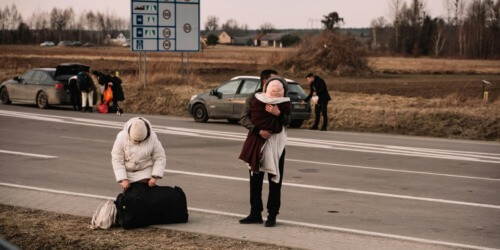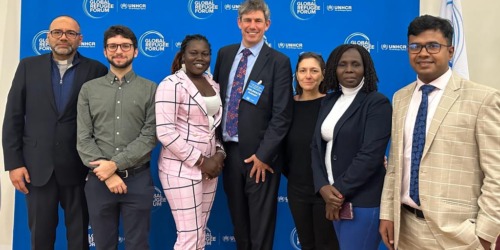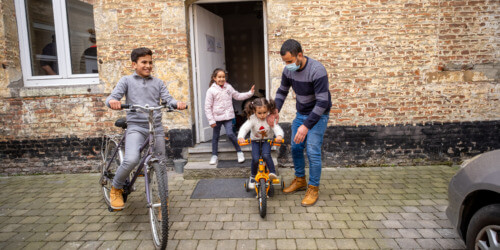Caritas International welcomes the proposal from the Commission for a raised budget despite the loss of the United Kingdom as an important net contributor. Caritas International is pleased to see that “investing in people” and combatting youth unemployment remain a priority for the European Commission, but wonders to what extent the most vulnerable people will also profit from this package.
Concerns
Caritas International is concerned about certain budget proposals that go against the principles of promoting solidarity and protecting human dignity in Europe and elsewhere. Several items are concerning, especially the substantial raising of the financing of migration management and border control, reflected amongst other things in the expansion of the European border and coast guard agency (FRONTEX), the proposal of flexible budget reserves that allows for a discretionary assignment of means, and the new simplified external policy that integrates development cooperation in the broader foreign EU-policy.
SOLIDARITY AND HUMAN DIGNITY!
“We acknowledge that the discussions on the new MFF take place in a difficult context due to growing anti-European populist sentiment and the added public pressure to efficiently deal with matters such as migration, economic growth and safety,” says Tom Devriendt, policy employee of Caritas International. “But we are deeply concerned about the prominent place of migration management and border control in a large part of the budget. We fear possible abuse of EU-development aid to reach goals other than the reduction of poverty and global sustainable development.”
In consideration of the coming negotiations about the proposal of the Commission about the MFF 2021-2028 Caritas International calls on the Belgian government to aim for a budget that promotes a responsible and caring Europe, both at home and abroad. A budget that remains loyal to the values of solidarity and human dignity. Caritas International wants to remind the Belgian government and the EU-institutions in particular about their engagement in the 2030 Agenda and the shared sustainable development goals (SDGs).
















